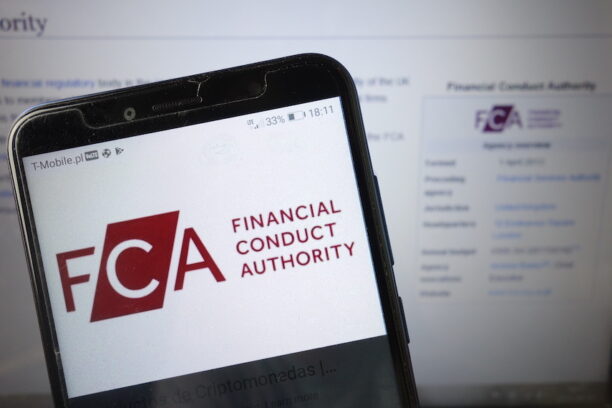We know you keep hearing it – sustainability in the US is facing a challenging moment. The federal deregulatory landscape, along with political backlash, often pits promises made years ago against the present reality. Some have publicly walked away from climate commitments. Others simply went quiet, leaving investors and the public to question if those past promises still mean anything (Lawrence has teased about something exciting coming soon on that!). Researchers from the New Climate Institute and Carbon Market Watch released their latest Corporate Climate Responsibility Monitor, focusing on the automotive manufacturing sector – revealing that some automakers are tight-lipped about climate goals:
“The two US-headquartered carmakers, GM and Ford, are the only manufacturers among the assessed to have committed to a global ICE phase-out by 2035 and 2040, respectively. These commitments were made as part of the Accelerating to Zero Coalition in 2021, alongside 12 other manufacturers (A2Z Coalition, 2025, as of May 2025). However, these commitments received little attention in their latest sustainability or annual reports, raising uncertainty about their status and meaning. Ford had already delayed its initial commitment made in 2021 – from achieving 100% ZEV sales globally by 2035 to a revised target of 2040 (Accelerating to Zero Coalition, 2021b; Ford, 2024b, p. 52).”
The report, which focuses on five major global auto manufacturers, indicates that decarbonization efforts are going poorly. The researchers rated the overall integrity of GHG targets as “very poor” at three out of five companies, with the other companies being rated “poor” and “moderate.” When carbon pledges were made four or five years ago, there was an implicit promise that they were a first step, and that serious efforts would follow up. In many cases, these efforts never materialized. Lawrence noted last year that lagging EV sales were dragging down decarbonization efforts beyond the auto industry. However, auto makers and other industries quietly backing out of their climate goals should be cautious. Depending on where and how climate promises were made, there may be legal risks associated with dropping them. While the SEC isn’t likely to come knocking anytime soon, investors might prove to be more litigious.
Members can learn more about ESG in the auto industry here.
Members also save hours of research and reading time each week by using our filtered and curated library of ESG/sustainability resources covering over 100 sustainability subject areas – updated daily with practical and credible information compiled without the use of AI.
If you’re not already a member, sign up now and take advantage of our no-risk “100-Day Promise” – during the first 100 days as an activated member, you may cancel for any reason and receive a full refund. But it will probably pay for itself before then.
Are you a client of one of our Partners – SourceIntelligence, Kumi, Ecolumix, Elm Consulting Group International or Impakt IQ? Contact them for exclusive pricing packages for PracticalESG.
Practical Guidance for Companies, Curated for Clarity.










